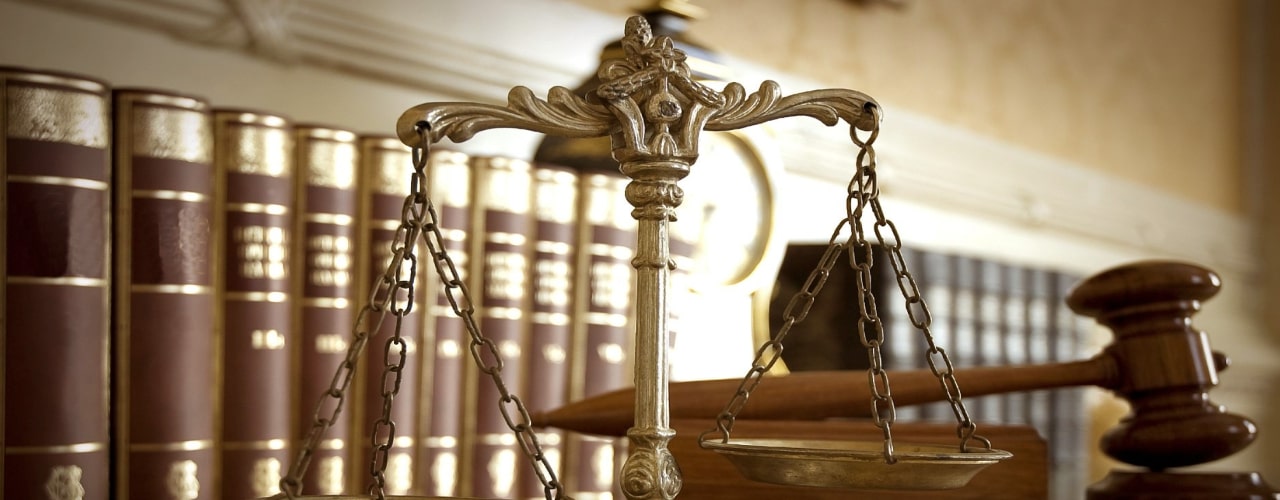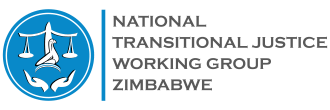Emailinfor@ntjwg.org.zw
Tel+263 86 7700 8773
THEMATIC AREAS
Institutional Reform
1. Vetting
- Public employees who are personally responsible for gross human rights violations or serious crimes under international law must be excluded from public service to reestablish public trust and re-legitimise public institutions.
- Vetting must not be solely on the basis of group or party affiliation as this tends to cast the net too wide and to remove public employees of integrity who bear no individual responsibility for past abuses.
- In vetting, there is need for a strategic approach targeting critical areas.
2. Oversight
- Oversight bodies must be established to maintain a check on institutions that may have a bearing on the enjoyment of rights.
- Such agencies should be given as broad a mandate as possible, which must be clearly outlined in the Constitution or any other legislative text. In principle, there must be measures that guarantee such bodies of independence and pluralism, methods of operation and additional principles of their semi-judicial competence.
- Oversight bodies must be accessible to the people, with offices throughout the country, at least in every district.
3. Structural and Legal Reform
- There is need for comprehensive reform of all state institutions and agencies.
- There is a need to use legal standards that are compliant to existing international and regional human rights mechanisms. This makes sure that the systems that govern civil and criminal law live up to the international norms, e.g. Laws relating to torture and restitution.

4. Security Sector Reform
- The security sector “should be subject to the same standards of efficiency, equity and accountability as any other [public] service”.
5. Disarmament, Demobilization and Reintegration Strategies
- There is need to put in place DDR to deal with previously armed or militia groups.
6. Demilitarisation
- A comprehensive process must be undertaken to demilitarize civilian institutions like the Ministry of justice, the judiciary, and parastatals.
- There must be full access to all documents held by the state and state agencies.
7. Asset Recovery
- There must consideration of ways to deal with odious debt.
- There must be a thorough process of tracking and recovering all assets.
